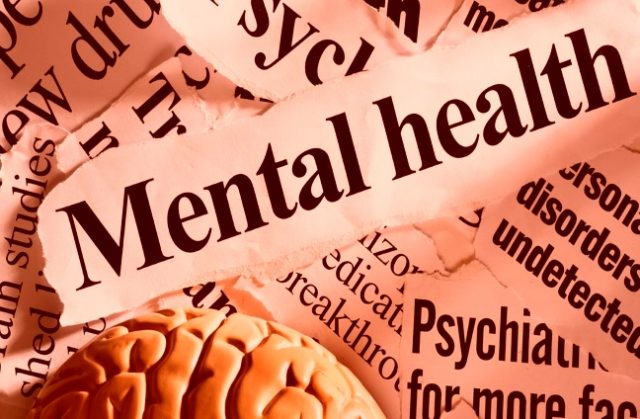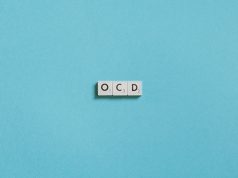MANILA, Philippines – Voting 223-0, the House of Representatives approved on third and final reading the country’s first Comprehensive Mental Health Care bill, which will aim at giving Filipinos access to free mental health services.
If House Bill No. 6452 has the same provisions as the Senate version, which was earlier approved, then the bill would no longer go through the bicameral conference committee meeting but go straight to Malacañang for President Rodrigo Duterte’s signature, Majority Leader Rodolfo Fariñas said.
“This is a landmark measure that will make timely and necessary mental health care services accessible to all Filipinos, regardless of their status in life, not only in hospitals but also in community health facilities,” Antipolo Rep. Chiqui Roa-Puno, one of the principal authors of the bill, said.
“Mental health, after all, is as vital as physical health in promoting overall well-being of all Filipinos, a right guaranteed in Article XIII, Section 11 of our constitution,” she added.
Rep. Puno said those with mental health conditions would no longer have to suffer in silence and feel helpless because assistance to them would be institutionalized if the measure is enacted into law.
The bill seeks to promote mental wellness, prevent the progress of mental health problems through intervention, and properly address existing mental disorders. “More than erasing the stigma associated with having a mental health condition, she said, “the aim is to generate awareness over the need to treat such problems promptly, seriously, and compassionately.”
In a separate statement, Kabayan partylist Rep. Ron Salo, another principal author, expressed optimism there would be a law in place by early next year.
One key features of HB6452 is the inclusion of substance addiction in the coverage of the Comprehensive Mental Health Act, such that any person who is covered under the Dangerous Drugs Act shall undergo assessment and examination, and if diagnosed with a clinical condition, shall have the right to mental health care services as provided.
“The House version recognizes the deeper problem that needs to be addressed in the campaign against illegal drugs, which is the rehabilitation and treatment aspect of drug dependents diagnosed with mental disorders,” she said.
The bill seeks to establish the Philippine Council for Mental Health, which will provide the government with a coherent, rational and unified response to mental health problems, concerns, and efforts through the formulation and implementation of the National Mental Health Care Delivery Services System.
Under this system, LGUs are mandated to upgrade hospitals and facilities with adequate and qualified personnel, equipment and supplies in providing mental health services and in addressing psychiatric emergencies. Regional, provincial, and tertiary hospitals are to provide facility-based mental health services as well.
The system also promotes community-based mental healthcare. As such, capacity building of barangay health workers is prioritized, so that they are able to identify mental health concerns, administer primary or first-aid mental healthcare, or refer individuals to mental health specialists when necessary.
HB No. 6452 recognizes the urgency of a better-informed younger generation. By integrating the study of mental health in both the elementary and secondary school systems, it hopes to help prevent the onset of depression, and other mental health conditions and disorders among students in this age group. An aggressive mental health public information campaign is also included in this measure.
A World Health Organization (WHO) report in 2012 cited in the bill indicated that the Philippines has the highest incidence of depression in ASEAN-member countries, with an estimated figure of 4.5 million.
In 2011, WHO found that 16% of Filipino students aged 13 to 15 had “seriously” contemplated suicide in the previous year. Thirteen percent had actually attempted suicide.
Of the 1.4 million Filipinos with disabilities identified in the 2010 National Census, 14 percent – or almost 200,000 people – had a mental disability.
WHO also reported a high rate of co-morbidity between mental disorders and other diseases, such as HIV, cardiovascular disease, and diabetes, underscoring the need to place equal importance on mental health in primary health care.










